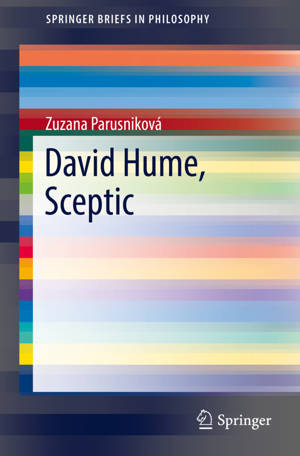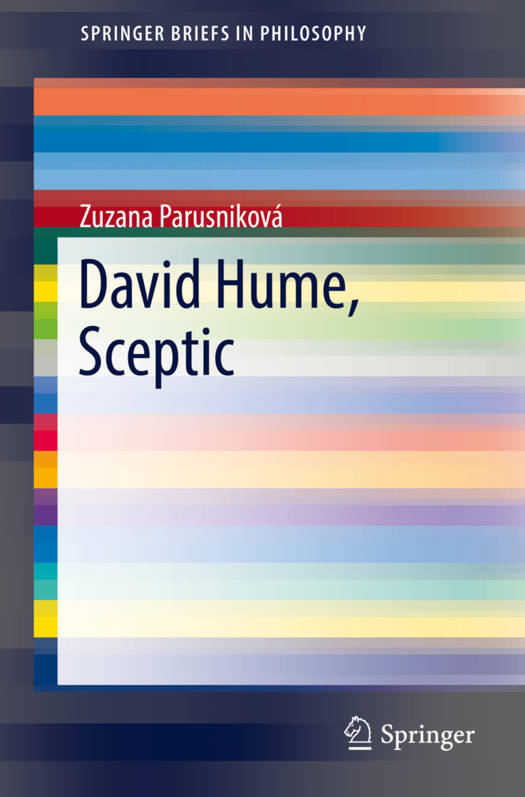
Bedankt voor het vertrouwen het afgelopen jaar! Om jou te bedanken bieden we GRATIS verzending (in België) aan op alles gedurende de hele maand januari.
- Afhalen na 1 uur in een winkel met voorraad
- In januari gratis thuislevering in België
- Ruim aanbod met 7 miljoen producten
Bedankt voor het vertrouwen het afgelopen jaar! Om jou te bedanken bieden we GRATIS verzending (in België) aan op alles gedurende de hele maand januari.
- Afhalen na 1 uur in een winkel met voorraad
- In januari gratis thuislevering in België
- Ruim aanbod met 7 miljoen producten
Zoeken
€ 53,45
+ 106 punten
Omschrijving
This book studies Hume's scepticism and its roots, context, and role in the philosopher's life. It relates how Hume wrote his philosophy in a time of tumult, as the millennia-old metaphysical tradition that placed humans and their cognitive abilities in an ontological framework collapsed and gave way to one that placed the autonomy of the individual in its center. It then discusses the birth of modernity that Descartes inaugurated and Kant completed with his Copernican revolution that moved philosophy from Being to the Self. It shows how modernity gave rise to a new kind of scepticism, involving doubt not just about the adequacy of our knowledge but about the very existence of a world independent of the self. The book then examines how Hume faced the sceptical implications and how his empiricism added yet another sceptical theme with the main question being how argument can legitimize key concepts of human understanding instinctively used in making sense of our perceptions. Placing itfirmly in a historical context, the book shows how Hume was influenced by Pyrrhonian scepticism and how this becomes clear in Hume's acceptance of the weakness of reason and in his emphasis on the practical role of philosophy. As the book argues, rather than serving as the foundation of science, in Hume's hand, philosophy became a guide to a joyful, happy life, to a documentary of common life and to moderately educated, entertaining conversation. This way Hume stands in strong opposition to the (early) modern mainstream.
Specificaties
Betrokkenen
- Auteur(s):
- Uitgeverij:
Inhoud
- Aantal bladzijden:
- 126
- Taal:
- Engels
- Reeks:
Eigenschappen
- Productcode (EAN):
- 9783319437927
- Verschijningsdatum:
- 30/09/2016
- Uitvoering:
- Paperback
- Formaat:
- Trade paperback (VS)
- Afmetingen:
- 156 mm x 234 mm
- Gewicht:
- 213 g

Alleen bij Standaard Boekhandel
+ 106 punten op je klantenkaart van Standaard Boekhandel
Beoordelingen
We publiceren alleen reviews die voldoen aan de voorwaarden voor reviews. Bekijk onze voorwaarden voor reviews.









